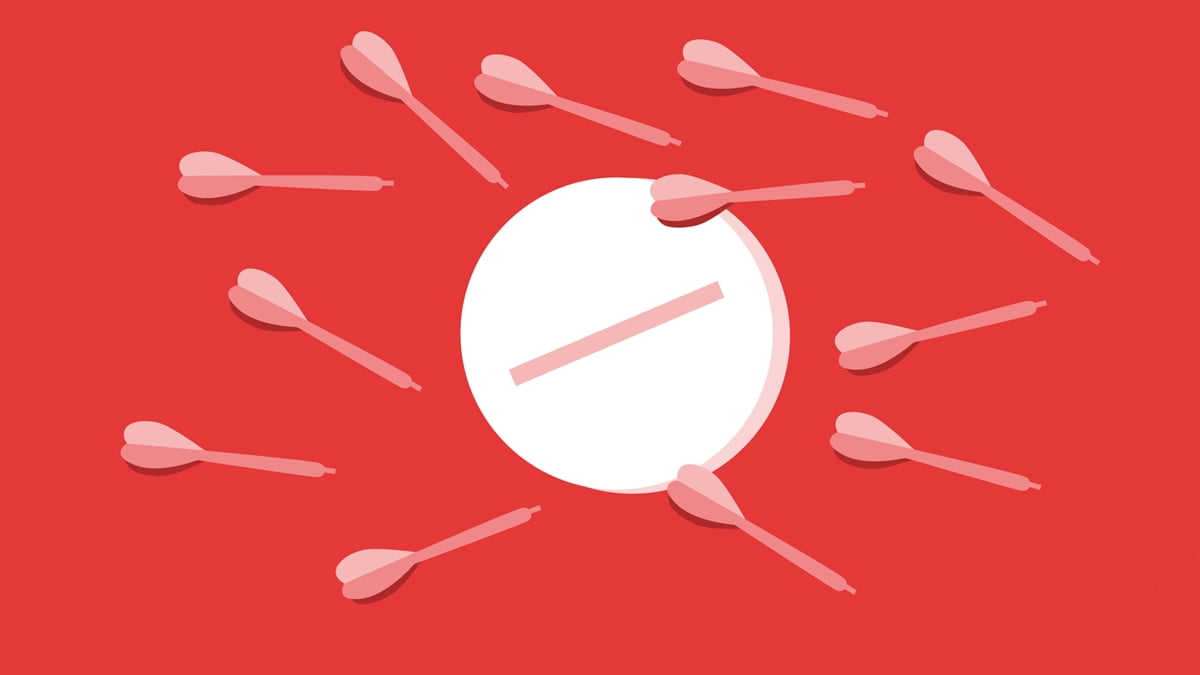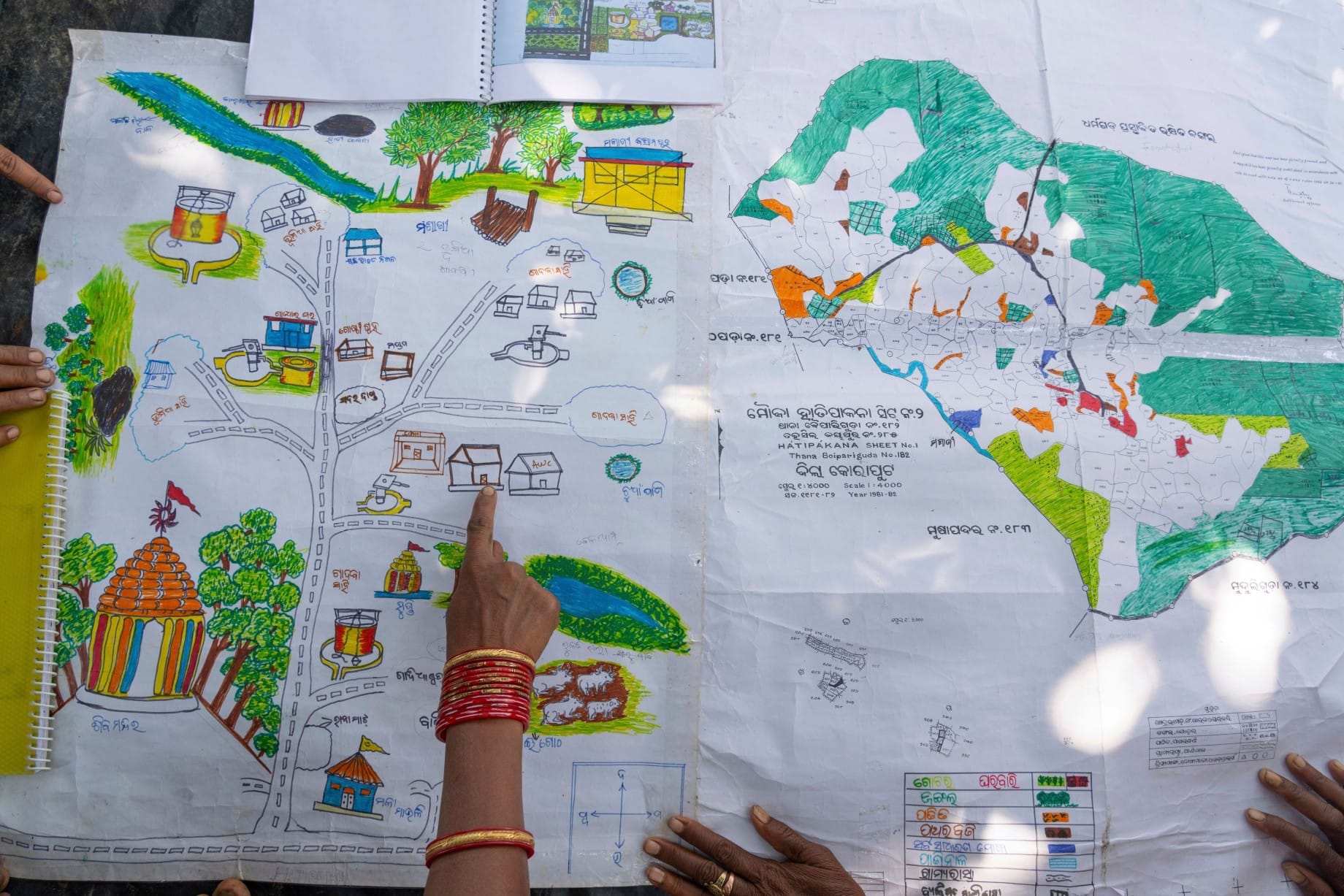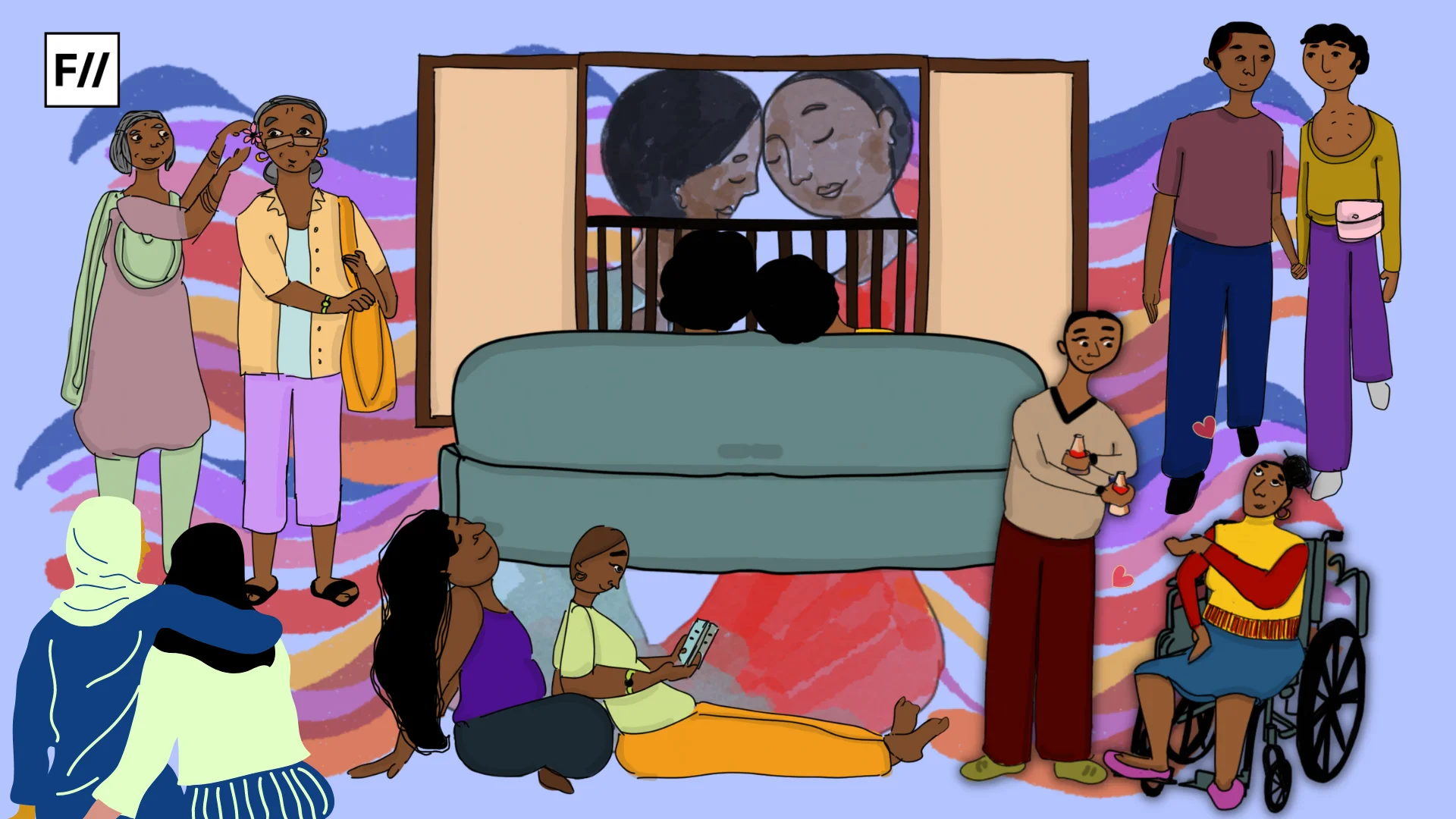“When a young couple who had just shifted to Chennai tried to source an emergency contraceptive pill (ECP) on an immediate basis, the woman was, in fact, especially shamed by some of the pharmacies when they realised she was not a local,” says Archana Seker. An activist and researcher based in Chennai, Archana is one of the few people who have stocked up to help people in the city where the emergency contraceptive pills have increasingly disappeared from the pharmacies as an over-the-counter drug in what is largely come to be known as a ‘shadow ban’.
Meanwhile, one will not see a similar over-the-counter unavailability of condoms. “That could be because condoms have historically been associated mostly with reproduction and the control and prevention of STIs and STDs while when it comes to emergency contraceptive pill, a woman’s agency is being evidently exercised and the question often raised against it is ‘Why have sex if not to reproduce?’, because there is a general refusal to associate sex with pleasure,” explained Archana, talking to Feminism In India, in a telephonic interview.
Also read: The Sexual Politics In How Contraception Is Advertised
In the light of a general lack of availability of emergency contraceptive pills in a major city like Chennai, this article will delve into why a rights-based access to the same for consenting adults is essential and how a pleasure-focused, amoralistic approach to Sexual And Reproductive Health And Rights (SHRH) by the stakeholders enabling access is an immediate step towards it.
Failed contraception, unavailability of oral contraceptive pills or being forced to have sex are some of the common reasons why one would need an immediate access to emergency contraception, especially to significantly reduce the chances of an unwanted pregnancy. A blanket unavailability of emergency contraceptive pills, such as that in Chennai and other cities in Tamil Nadu, denies women this agency, in addition to shaming them for having had sex despite knowing what their specific social reality is. This is reflective of a double-pronged oppression that a woman with a womb therefore faces: A moralistic surveillance and intrusion of their bodies by patriarchal structures and resultant shunning, the denial of the basic right to live and choice to wield an agency over one’s sexuality.
The ‘shadow ban’ on emergency contraceptive pills is reflective of a double-pronged oppression that a woman with a womb therefore faces: A moralistic surveillance and intrusion of their bodies by patriarchal structures and resultant shunning and the denial of the basic right to live and choice to wield an agency over one’s sexuality.
What Is Emergency Contraception
Emergency contraception is one set of interventions in the SRHR spectrum that aims at drastically reducing unintended pregnancies. While the most common and generally conveniently accessible form is the emergency contraceptive pill, other methods are hormonal as well as non-hormonal intrauterine devices (IUDs). While the emergency contraceptive pill needs to be taken within 72 hours of unprotected sex, the IUDs must be inserted within five days to ensure no pregnancies occur, according to Planned Parenthood. While generally these emergency contraception methods are widely used, the expected over-the-counter availability of emergency contraceptive pill makes it the most accessible in a state where sex is a taboo.
However, consumption of emergency contraceptive pills should not be seen as a family planning method. Not only is it a solution only in case of emergencies, it is also not effective in controlling sexually transmitted infections and/or diseases. Another misconception around emergency contraceptives is how it is often misinterpreted as a “morning after pill”. According to a report by Counter Currents, due to this conservative attitude and gynaecologists who often act as gatekeepers of women’s morality, India is the third-largest market for “morning after pills”. Furthermore, only 15 percent of Indians were found to know that emergency contraceptive pills cannot be an alternative for regular contraceptives such as birth control pills, etc.
A Pleasure-Oriented Approach To SRHR: ‘It Is Ultimately A Rights-Based Issue’
The emergency nature of this contraception itself makes it even more important for it to be available over-the-counter at pharmacies. Yet, Archana has been privately facilitating access to emergency contraceptive pills for many in Chennai for years now. She believes that the ambiguity and resultant unavailability of the emergency contraceptive pills is largely rooted in three reasons. One, that sex is not seen as for pleasure or fun. Two, the legitimacy of the act of sex is questioned. That is, “if you are ready to have sex, shouldn’t you be ready to have babies?”. Three, the outright refusal to recognise that people are having sex.

Hence, a virtuous marriage of sex with procreation negates the existence of something as essential as the emergency contraceptive pills in Tamil Nadu.
The emergency contraceptive pill was first introduced in 2002 by the Ministry of Health and Family Welfare and began to be administered over the counter in 2005. Reportedly, even though abortions were legalised in 1971, about 8 percent of maternal deaths were due to unsafe abortions, thus emphasising on the easy access to effective interventions in mitigating unintended pregnancies. “Ultimately, it is a rights-based concern because whoever needs it, should be able to access it without being subjected to stigma or shaming,” says Archana.
Also read: We Need To Talk About Unsafe Sex And Our Dilemmas Around Using Contraception
Meanwhile, Archana advocates against using the terminology “shadow ban”, because that would translate to how people are attempting to procure something that is illegal. “Calling it a ban will also further the confusion among pharmacies and manufacturers as to whether they should stock up on the pills or not, because it is made a prescription drug, then not many will source the drug,” According to Archana, getting an appointment with a gynaecologist and a prescription for availing the emergency contraceptive pills is a longer route that many would rather not take, especially because of social and cultural barriers.
Considering how there is no official ban on sourcing emergency contraceptives, it is important to have in place a legal aspect that explicitly asserts on making emergency contraceptive pills available as commonly as Gelusil, asserts Archana Seker, activist and researcher based in Chennai.
What is needed is a more pleasure-oriented and awareness-based approach to SRHR which could address the problem. Considering how there is no official ban on sourcing emergency contraceptives, it is important to have in place a legal aspect that explicitly asserts on making emergency contraceptive pills available as commonly as Gelusil, asserts Archana.
This article is published as a part of the #MyBodyMyMethod awareness campaign on contraception. Feminism in India and Find My Method will be talking about the various forms of contraception, busting contraception myths and taboo and much more throughout the month of September, 2020. Find My Method works to provide accurate contraceptive information for a global audience. You can find localised information that is easy to understand, and is globally representative on Find My Method’s website and forum. You can follow them on Twitter, Facebook and Instagram.
Featured Image Source: HelloClue
About the author(s)
Soumya is a Masters graduate in gender from Jamia Millia Islamia & has a PG Diploma in New Media from Asian College Of Journalism. She is learning to unlearn and question patriarchal structures with empathy. She has taken an interest in gardening but has over-watered and killed two plants already. This may or may not be a metaphorical reference to how she deals with life.




